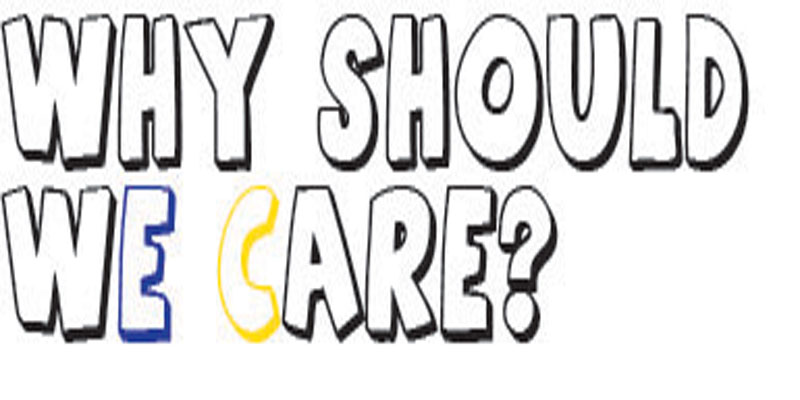Why should we care?
Should: Sororities certainly have the stigma of being full of “mean girls.” But at the University of Alabama, the meanness goes deeper than criticizing a girl’s hair.
Racism is severely dividing the Greek system at U of A. At least two African-American women went through the recruitment process only to be denied by all 16 houses due to alumnae interference.
Shortly after the Crimson White, U of A’s campus newspaper, broke the story claiming, “50 years later, segregation still exists” hundreds of students joined together to march to the administrative building. This march was compared to the Stand in the Schoolhouse Door, which took place 50 years ago.
UW-Eau Claire English assistant professor B.J. Hollars attended and taught at U of A and literally wrote the book on the original Stand in the Schoolhouse Door.
“George Wallace stood in front of the schoolhouse door to try to block the segregation of the university from two highly qualified African American students,” Hollars said. “(Sept. 18) they kind of re-appropriated that image by standing in front of the doors at Rose Administration building to ensure that the university could integrate the Greek system.”
We think of the Civil Rights Movement as something that ended before we were even born. But when protests from the Civil Rights Movement are being recreated in order to desegregate a portion of a public university, that says the fight for civil rights isn’t as far behind us as we thought.
In fact, it’s still very much a part of our society’s struggles. This isn’t to say we’ve come nowhere in the last 50 years, but we also haven’t come as far as we thought.
Minorities are still routinely discriminated against everyday. When a couple of smart girls can’t even join the sorority they want, we can clearly see just how deep racism still runs in our country.
***
Shouldn’t: For some reason, the Emmys always seem to bring out the worst in people.
If your favorite show doesn’t win, you get whiny. If your show does win, you’re gloat-y. But one thing we can all be obnoxious about together is the worst dressed list.
The actual awards are fairly predictable from year to year (“Modern Family,” Jim Parsons, yadda yadda), so the one thing people continue to talk about long after the red carpet has been rolled up is the fashion.
To an extent, it’s fine. Best-dressed lists are compiled by every publication possible (I’ve yet to figure out which is the official list, but that’s just me). I’m sure it’s nice to be on one of those lists. It makes the actor or actress and the designer feel good for a couple days before the “People” and “US Weekly” magazines have some new gossip ready.
What I have a problem with is the worst dressed lists. What exactly is accomplished by telling Lena Dunham her dress was too poofy and unflattering?
If Amy Poehler wants to rock frilly dragons on her dress, let her!
This widely accepted and encouraged criticism of others only reinforces a lot of ugly social constructions.
First, that it’s OK to judge a person based solely on his or her appearance.
Second, that it’s OK to judge a woman based solely on her appearance.
Neither should be acceptable, but when it comes to worst dressed lists, how often do you see men on them?
My guess is you didn’t even know Poehler’s dress had dragons on it, but I bet you’ve seen her and Tina Fey heckling host Neil Patrick Harris.
Besides, if you’re doing it right, people will be talking about your speech or bit far longer than they’ll be talking about your outfit.











